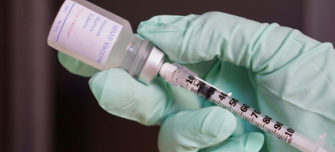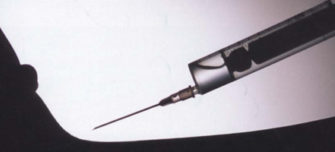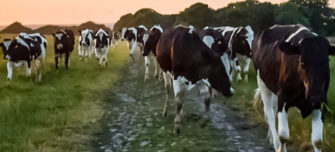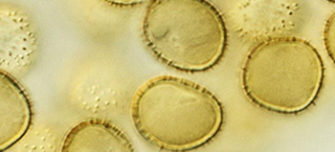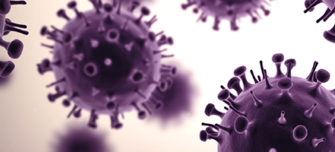Resources and further reading
-
Vaccination
A vaccine is a substance that is introduced into the body to stimulate the body’s immune response. It is given to prevent an infectious disease from developing and the person becoming ill. Learn more about what vaccines do, what they are made from, and how they have the potential to provide 'herd immunity' for populations.
-
Microbiology Today: Vaccines
In this issue of Microbiology Today we will explore the future of vaccines, including the potential to develop an oral vaccine for typhoid fever; challenges that the malaria vaccine faces, and approaches to advancing DNA vaccine technology.
-
Microbiology Today: Halting Epidemics
Disease outbreaks can have a significant impact on human populations, and they need to be closely monitored and contained to limit their potential spread. Following the outbreaks of the Ebola and Zika viruses in recent years, this issue of Microbiology Today puts a spotlight on the topic of 'Halting Epidemics'.
-
Coronavirus journal collection
Coronaviruses are a large family of viruses that can infect a range of hosts. To allow the widest possible distribution of relevant research, the Microbiology Society has brought together articles from across our portfolio and made this content freely available.
-
Ebola Virus Disease: journal collection
This collection brings together articles from our portfolio of journals on Ebola virus disease. The Microbiology Society has made this content freely available in the interests of widest possible distribution of relevant research.
-
Dengue: a self-limiting acute disease
In this Microbiology Today article, Dr Kevin Maringer discusses the diagnosis and treatment of dengue, including the development of a vaccine and how they can be a valuable tool used to help control the disease.
-
2008 - Bovine tuberculosis
The UK Department for Environment, Food and Rural Affairs (Defra) commissioned the Society to write a report on bovine tuberculosis. Learn more about the value of vaccine research and how this developed.
-
Thinking about science like Louis Pasteur: Lessons from history
Scientific discoveries and achievements from centuries past are often portrayed as a set of fully-fledged concepts and perfect results. The exacting trial-and-error processes and frequent setbacks we know from modern-day science are rarely mentioned. Why could this be – was science ‘easier’ in the past?
-
Fighting infectious fungi with vaccines
With antifungal treatments failing due to increasing resistance to antimicrobials, fungal infections are emerging as a silent killer in the healthcare setting. Scientists are researching strategies to overcome this problem and are trying to prevent infections by vaccination.
-
Microbe Talk - Flu Review
In this episode, we discuss how different subtypes and strains of influenza can have different effects in the population, and how microbiologists are working on preparing vaccines for the upcoming flu season.
Image credits:
Samara Heisz/iStock
Goodshoot / Creatas
NIAID is licensed under CC BY 2.0
Chris Bjornberg/Science Photo Library
Thinkstock
jaddingt/Shutterstock

